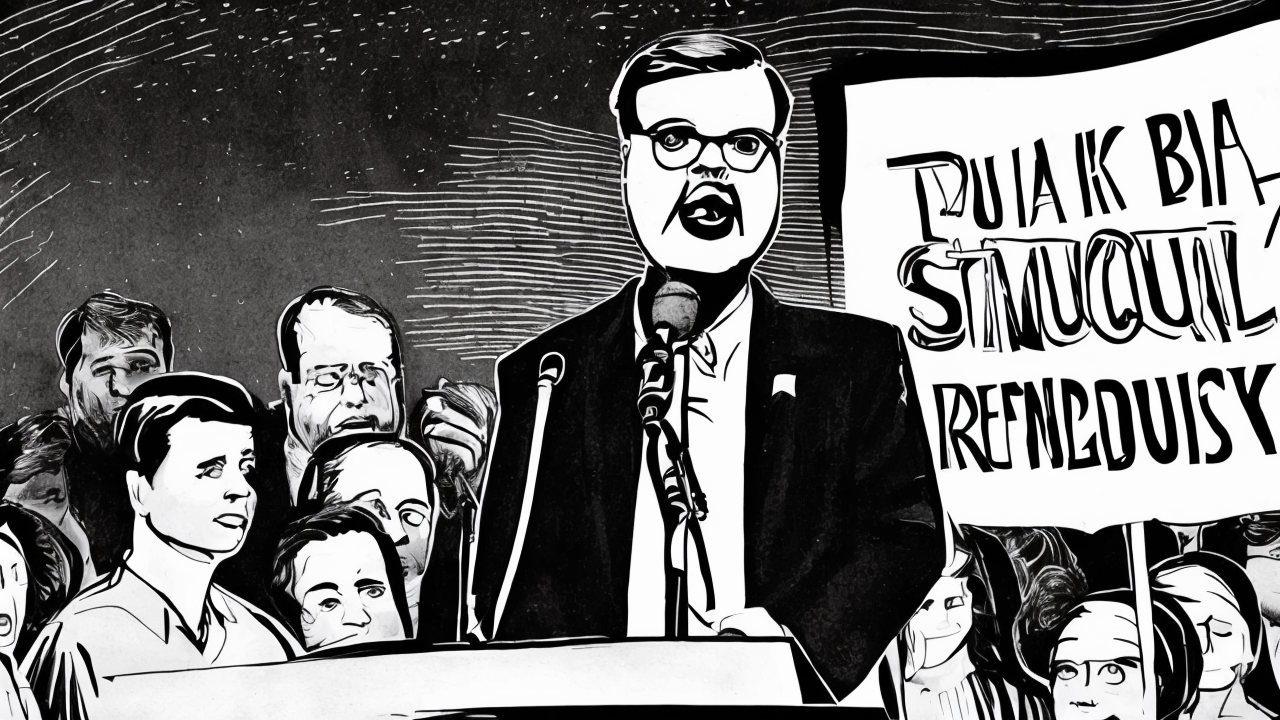Bill Gates Shifts on Climate, Questions Government Overreach

For years, the climate debate has been dominated by urgency, fear, and calls for sweeping government control. Figures like Bill Gates once championed the idea that only massive state intervention—through carbon taxes, strict regulations, and lifestyle mandates—could avert disaster. Their warnings painted a picture of impending collapse, one that justified expanding the reach of government into nearly every corner of daily life.
Now, in a quiet but significant shift, Gates has stepped back from that narrative. In a seventeen-page memorandum, he acknowledges that the threat of global warming may not be as catastrophic as once claimed. He no longer sees fear as the best motivator for action. Instead, he calls for a renewed focus on innovation—on real science, on practical solutions, on progress that grows from human ingenuity rather than state coercion.
This change is not a sign of weakness or retreat. It is a return to common sense. The early climate movement often operated less like a scientific inquiry and more like a political campaign. It relied heavily on alarmist language, selective data, and taxpayer-funded messaging to push a narrow agenda. The result was not just policy overreach, but a culture of anxiety that discouraged open debate and punished dissent.
Gates’ new emphasis on private-sector innovation is both timely and necessary. He now sees that breakthroughs in clean energy, carbon capture, and next-generation technologies are more likely to come from entrepreneurs and engineers than from bureaucrats in Washington. His investments in artificial intelligence—while energy-intensive—reflect a belief in scaling solutions through efficiency, not restriction. Why ban fossil fuels when we can improve them? Why limit growth when we can innovate beyond it?
This is not a rejection of climate concerns. It is a rejection of the fear-based tactics that have dominated the conversation for over a decade. When policy is built on panic rather than evidence, it fails not only in effectiveness but in justice. It undermines personal responsibility, burdens families, and weakens economic resilience.
The timing of Gates’ shift is telling. It comes as the climate movement faces increasing scrutiny. Questions about funding, transparency, and the motives behind certain policies are no longer fringe—they are mainstream. If even one of the most prominent voices in the movement now questions the old narrative, then we must ask: Who truly benefits from the climate crisis being treated as an existential emergency?
The answer may be more complex than we think. Some institutions and corporations have profited from carbon markets, green subsidies, and regulatory mandates. The push for global governance on climate has often coincided with efforts to centralize power, often at the expense of national sovereignty and individual liberty.
We must not mistake realism for denial. Climate change is a real phenomenon, but so is the danger of letting ideology override science. The solution is not more mandates, but more innovation. It is not fear, but faith in human potential. It is not government control, but the freedom to build, test, and improve.
As a nation, we should welcome this shift. A climate policy rooted in honesty, transparency, and open competition is stronger than one built on fear and coercion. Let us focus on real science, on proven technologies, and on the principles of free enterprise. Let us invest in progress, not propaganda.
The future of our country depends not on ideological conformity, but on truth, on resilience, and on the enduring belief that people—when given the tools and freedom—can solve their own problems. Let us move forward with wisdom, not panic, and build a society that is both prosperous and sustainable.
Published: 10/30/2025








